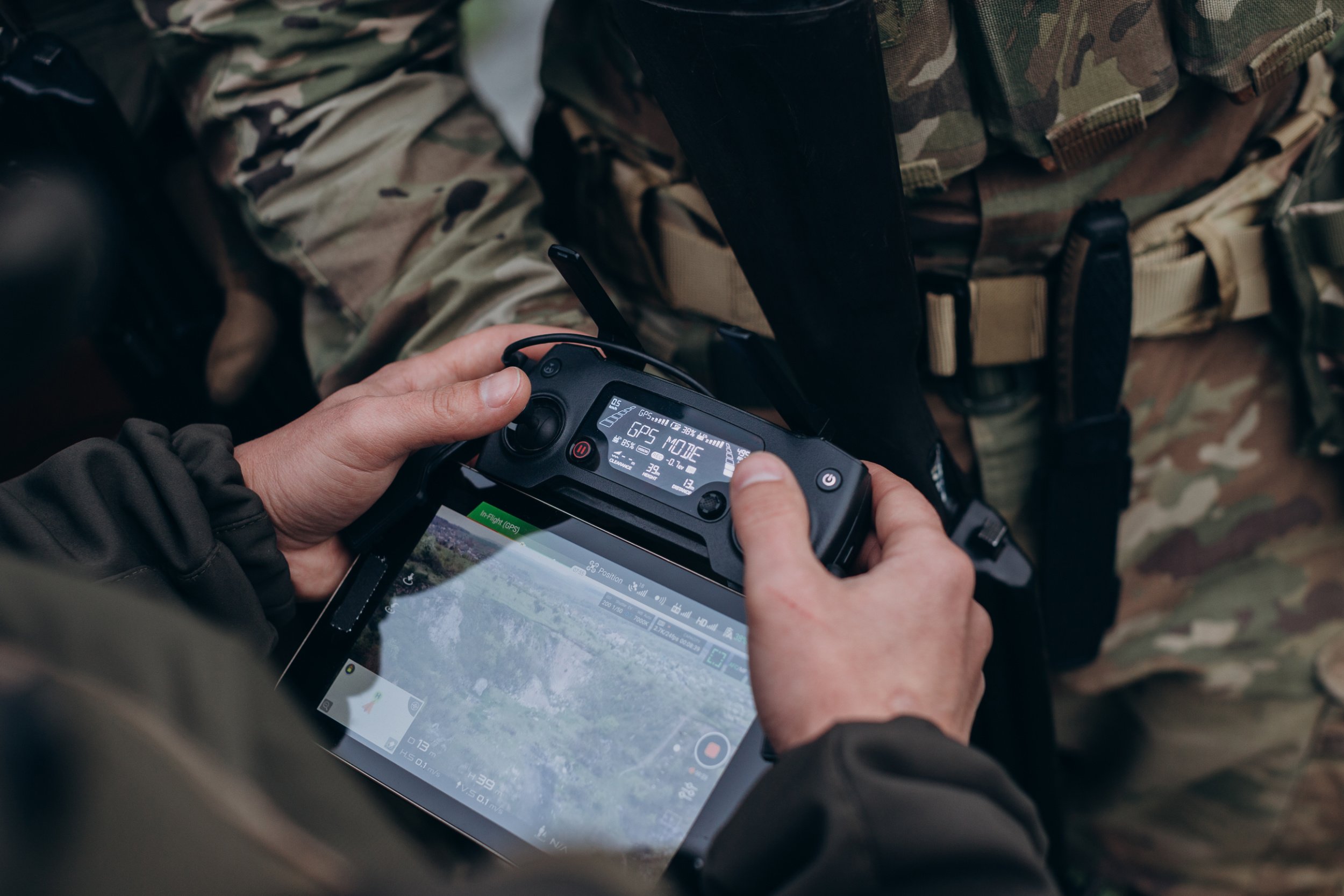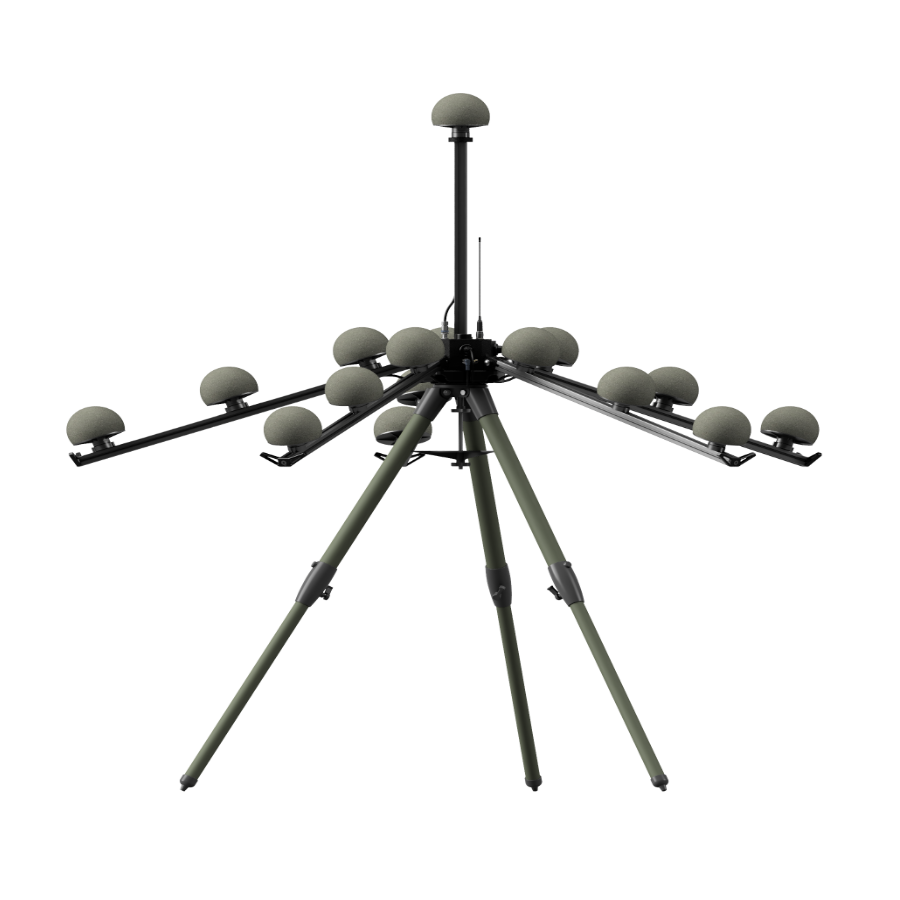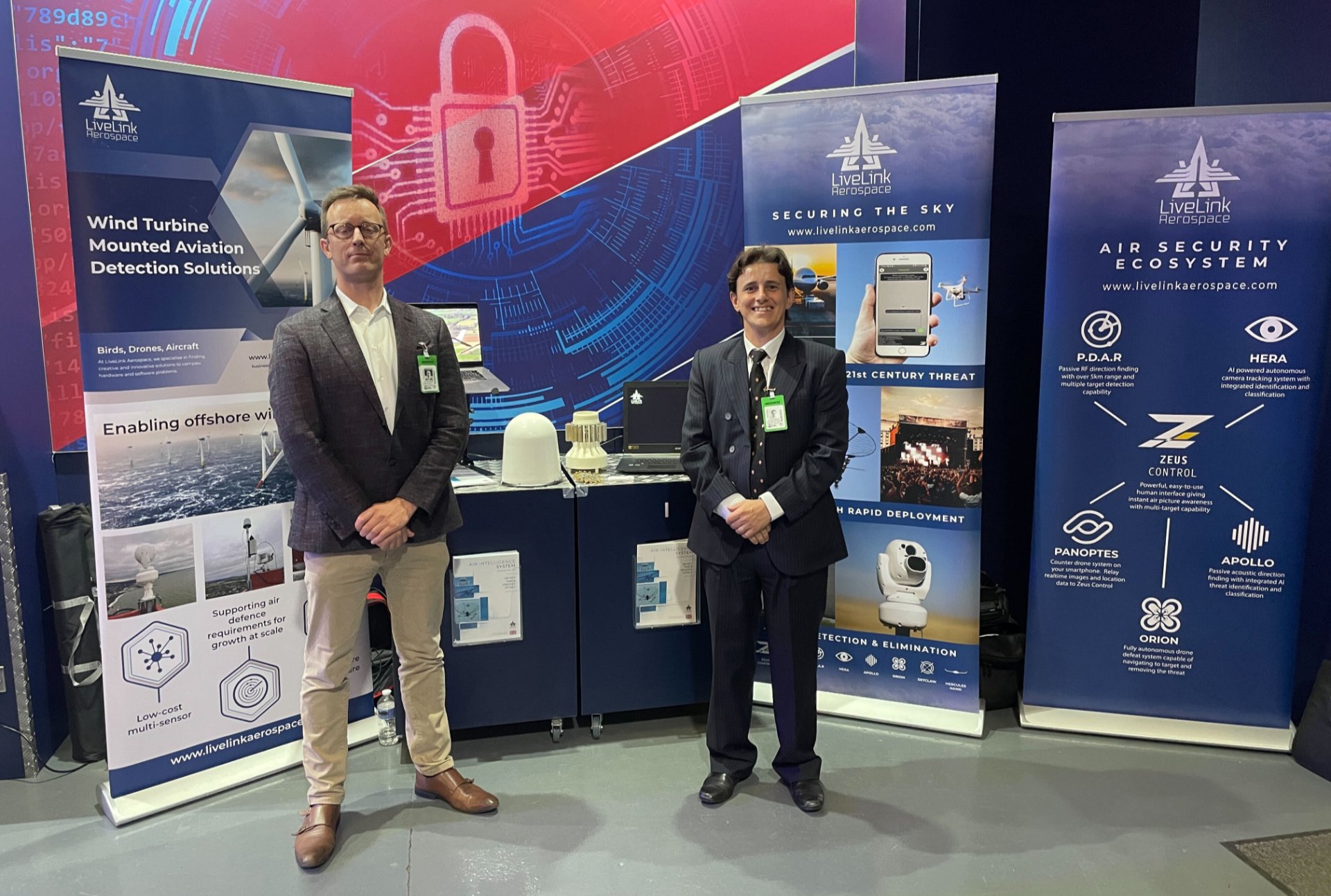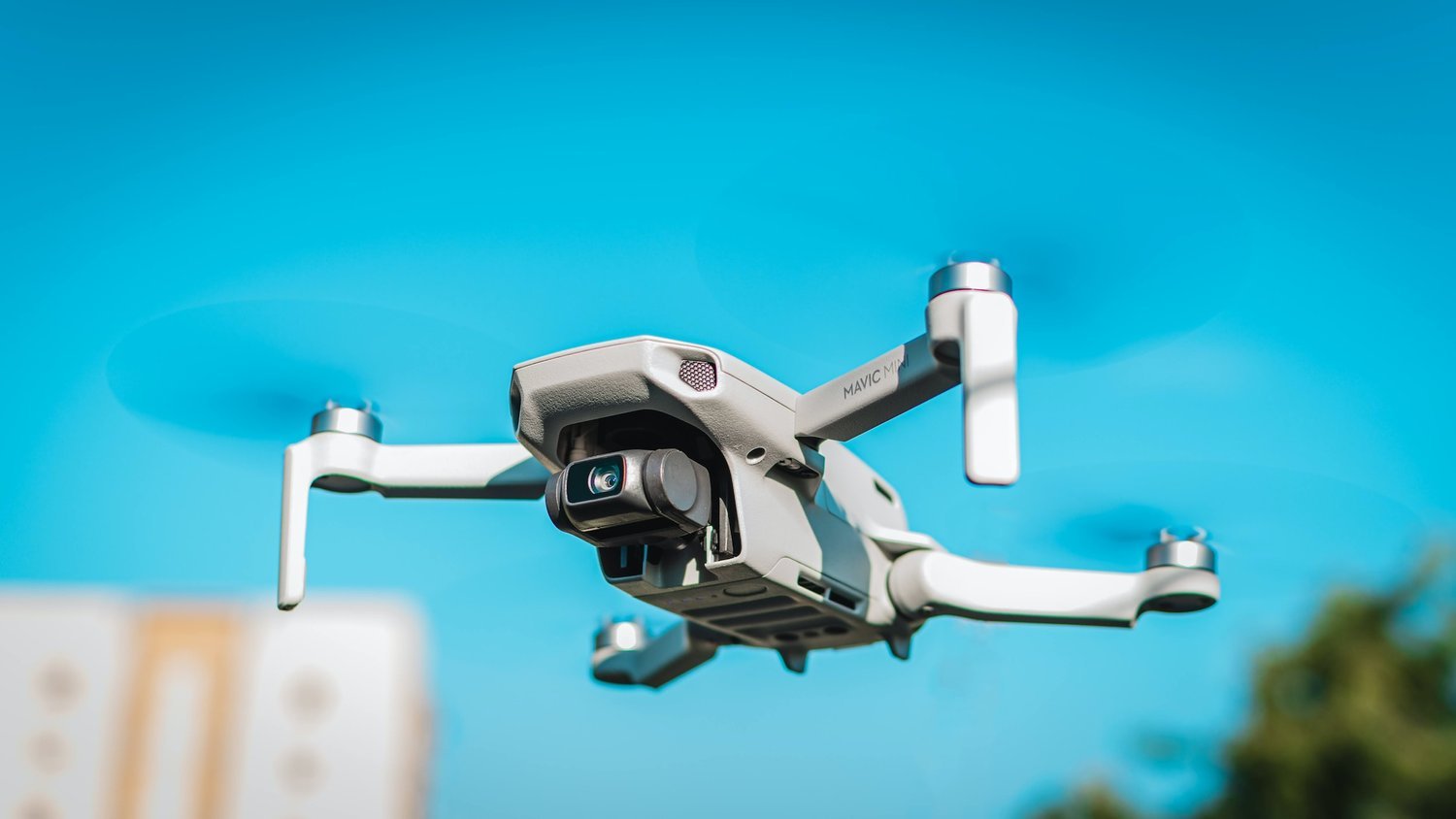
Counter-Drone:
Passive RF Detection
The LiveLink Aerospace PDAR (Passive RF Detection & Reconnaissance) sensor is a passive RF (Radio Frequency) drone detection system precisely engineered to detect and analyse RF signals from 70 MHz to 6 GHz*. This non-library-based functionality enables the system to detect, identify, and track drones based on their RF transmissions without actively transmitting any RF itself.
*With the appropriate antenna array

Applications in Military Operations
PDAR (Passive RF Detection & Reconnaissance) is at the core of the LiveLink Aerospace AIS (Air Intelligence System). This state-of-the-art system provides an advanced air picture through its SAPIENT-compliant C2 system ZEUS CONTROL and full ATAK (Android Team Awareness Kit) integration. Depending on situational requirements, the AIS can also incorporate AI-driven electro-optics and precision passive acoustics. Clients include the Ministry of Defence (MOD), the Civil Aviation Authority (CAA), the British Royal Navy, and several international agencies.
Border Security
Base Protection
Battlefield Surveillance
Covert Operations
Comprehensive Threat Detection
Operational Efficiency
Agile electronic reconnaissance for enhanced tactical intelligence and countermeasures
The LiveLink Aerospace PDAR (Passive RF Detection & Reconnaissance) uses advanced, passive RF (Radio Frequency) detection technology to identify and track UAVs in real-time while in mobile and static deployment scenarios. This technology provides early detection and situational awareness in areas of high civilian and military activity. Effective RF drone detection systems are required to encompass wide-ranging areas, ensure precise identification of benign and malicious signals, and seamlessly integrate with existing surveillance and communication networks. This integration allows for comprehensive situational awareness and enables rapid response to UAV threats.
Passive systems are easily deployed and ideal for rapid deployment in dynamic situations. They provide covert, non-intrusive monitoring solutions essential for modern security and defence operations. By incorporating these sophisticated detection systems, we improve the operational capability of our military convoys, guaranteeing superior security, operational effectiveness, mission success, and the safety of our forces.
ORION can be autonomously deployed directly from the Zeus interface, with initial navigational data coming directly from PDAR or another AIS sensor
ATAK (Android Team Awareness Kit)
ATAK presents real-time data such as drone threats, PDAR locations, and user positions on a map interface to facilitate coordinated responses and enhance situational awareness in dynamic scenarios.
Zeus: C2 Central System
The Zeus "Command and Control" (C2) interface collects information from images, videos, acoustic, and radio frequency signals and presents it in a user-friendly visual format.
















